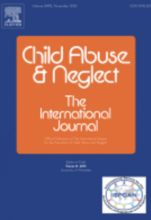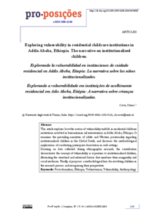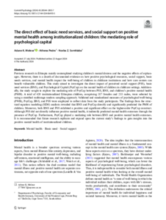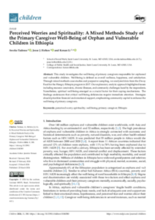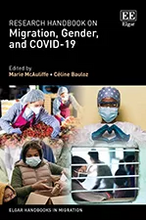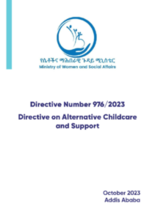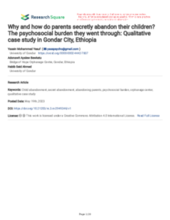childrens_living_arrangement
children_living_without_bio
Displaying 1 - 10 of 160
This video highlights the rise of a locally led movement in Ethiopia, where Christian leaders and organizations are transforming child welfare practices following the end of intercountry adoption. It showcases the impact of the CAFO-supported DEBO Alliance as churches and advocates embrace domestic adoption and best practices to bring hope and lasting care to vulnerable children and families.
This review compares child protection systems in Indonesia and Ethiopia using UNICEF’s Child Protection System Strengthening framework. Both countries have established solid legal frameworks and coordination mechanisms, but progress toward system maturity remains slow due to gaps in enforcement, accountability, and support services, with Indonesia showing stronger development in workforce and data systems.
This article examines how vulnerability is constructed and experienced within residential childcare institutions involved in humanitarian interventions in Addis Ababa, Ethiopia, with particular attention to adult narratives and Western positionality. Drawing on ethnographic research, it deconstructs structural and relational factors shaping children’s marginalisation and proposes methodological approaches that centre children’s perspectives in research.
This study aimed to investigate the direct impact of perceived social support, basic need services, and Psychological Capital on the mental health of children in childcare settings in Ethiopia.
This study investigates the well-being of primary caregivers responsible for orphaned and vulnerable children in Ethiopia. Well-being is defined as overall wellness, happiness, and satisfaction.
This webinar examined care in the context of COVID-19, climate change, and conflict. Speakers explored how the pandemic has left a lasting legacy on the care system in Uganda and examined the impacts of climate change-related drought on children's care in Kenya. They also explored efforts to deliver effective care for children during conflict in Ethiopia.
This chapter is part of the "Research Handbook on Migration, Gender, and COVID-19" and explores the gender and youth dimensions of return from GCC States to the East Africa subregion, focusing on three countries: Uganda, Kenya and Ethiopia.
Recognizing the increasing number of orphans and vulnerable children (OVC) and the need to provide standardized and quality alternative childcare and support services, The Ministry of Women and Social Affairs (MOWSA) in collaboration wit
This paper assesses the legal regime governing inter-country adoption under the Ethiopian family laws by making a brief comparative study with correspondent provisions of the Chinese family law.
This study explored the lived experiences of mothers/fathers who secretly abandoned their children in Ethiopia.

